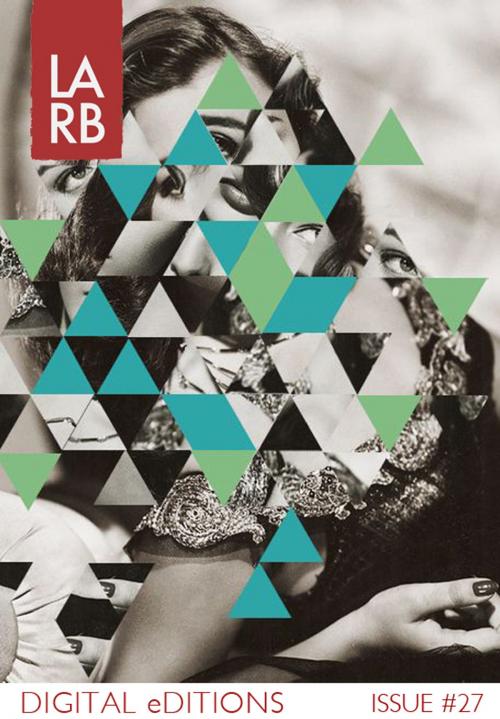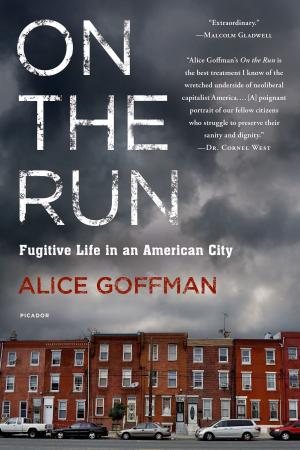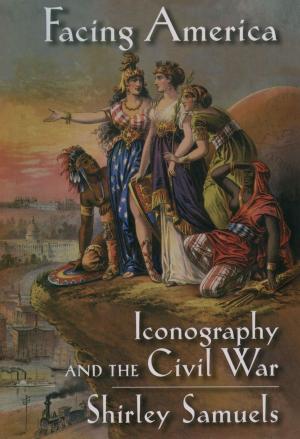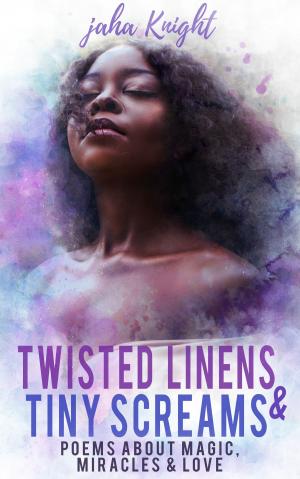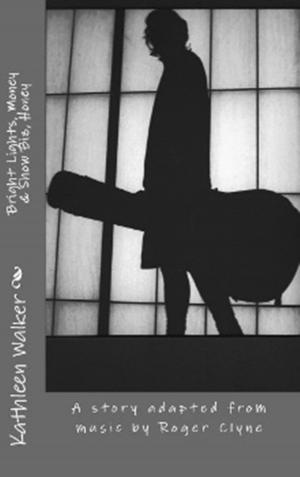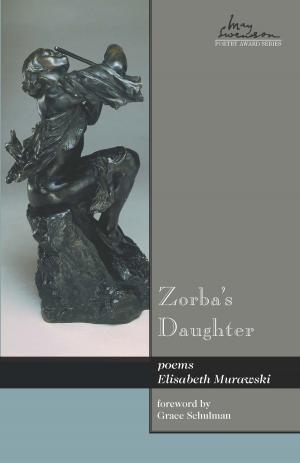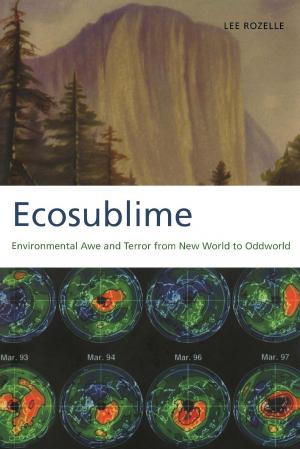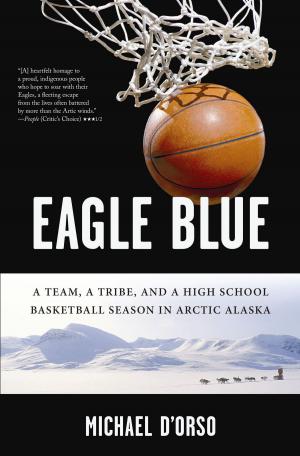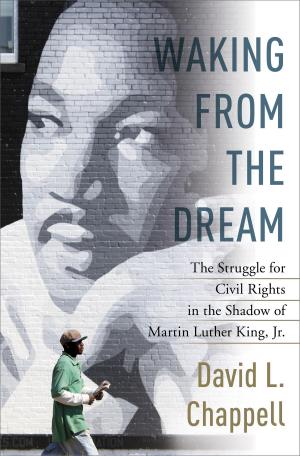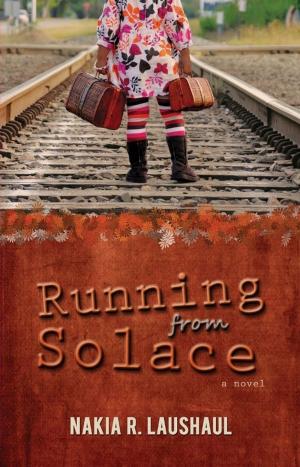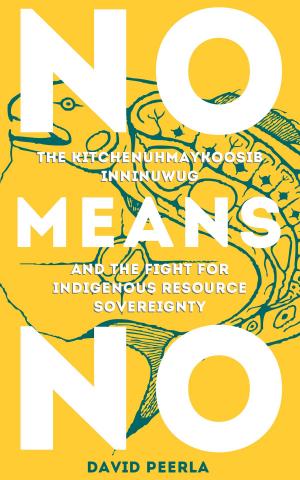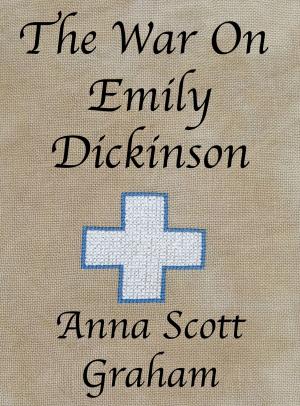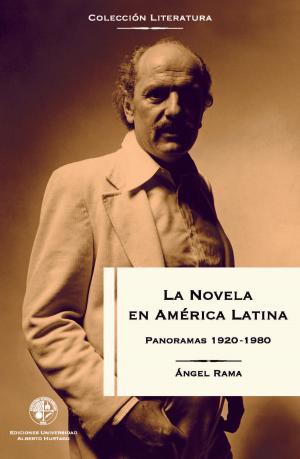| Author: | ISBN: | 9781940660172 | |
| Publisher: | Los Angeles Review of Books | Publication: | September 20, 2014 |
| Imprint: | Los Angeles Review of Books | Language: | English |
| Author: | |
| ISBN: | 9781940660172 |
| Publisher: | Los Angeles Review of Books |
| Publication: | September 20, 2014 |
| Imprint: | Los Angeles Review of Books |
| Language: | English |
It’s fall. Throughout the country, students are heading into classrooms where they will read and discuss books. There are ongoing questions about what use this reading will be to them. Indeed, will it be any use at all?
The essays in this month's Digital Edition are purposefully quite wide-ranging in their subjects and tone. Books, they show, are different things for English professors, for economists, for artists; they help us grieve, and they help us grow. The essays here share a sense that books quite often solve problems very different from the ones they explicitly address. So rather than using books to simplify and reduce a complex world, as the criticism book learning” might imply, these essays, together, advocate for a non-instrumental mode of reading. Read widely, they say, for a range of pleasures; read to enjoy the world, not to treat it as a problem to be solved.
The essays in this month's Digital Edition are purposefully quite wide-ranging in their subjects and tone. Books, they show, are different things for English professors, for economists, for artists; they help us grieve, and they help us grow. The essays here share a sense that books quite often solve problems very different from the ones they explicitly address. So rather than using books to simplify and reduce a complex world, as the criticism book learning” might imply, these essays, together, advocate for a non-instrumental mode of reading. Read widely, they say, for a range of pleasures; read to enjoy the world, not to treat it as a problem to be solved.
It’s fall. Throughout the country, students are heading into classrooms where they will read and discuss books. There are ongoing questions about what use this reading will be to them. Indeed, will it be any use at all?
The essays in this month's Digital Edition are purposefully quite wide-ranging in their subjects and tone. Books, they show, are different things for English professors, for economists, for artists; they help us grieve, and they help us grow. The essays here share a sense that books quite often solve problems very different from the ones they explicitly address. So rather than using books to simplify and reduce a complex world, as the criticism book learning” might imply, these essays, together, advocate for a non-instrumental mode of reading. Read widely, they say, for a range of pleasures; read to enjoy the world, not to treat it as a problem to be solved.
The essays in this month's Digital Edition are purposefully quite wide-ranging in their subjects and tone. Books, they show, are different things for English professors, for economists, for artists; they help us grieve, and they help us grow. The essays here share a sense that books quite often solve problems very different from the ones they explicitly address. So rather than using books to simplify and reduce a complex world, as the criticism book learning” might imply, these essays, together, advocate for a non-instrumental mode of reading. Read widely, they say, for a range of pleasures; read to enjoy the world, not to treat it as a problem to be solved.
